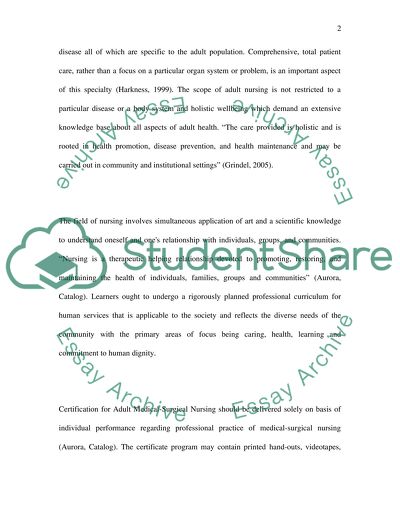Cite this document
(“Adult medical/surgical nursing Essay Example | Topics and Well Written Essays - 3000 words”, n.d.)
Retrieved from https://studentshare.org/nursing/1514059-adult-medicalsurgical-nursing
Retrieved from https://studentshare.org/nursing/1514059-adult-medicalsurgical-nursing
(Adult medical/Surgical Nursing Essay Example | Topics and Well Written Essays - 3000 Words)
https://studentshare.org/nursing/1514059-adult-medicalsurgical-nursing.
https://studentshare.org/nursing/1514059-adult-medicalsurgical-nursing.
“Adult medical/Surgical Nursing Essay Example | Topics and Well Written Essays - 3000 Words”, n.d. https://studentshare.org/nursing/1514059-adult-medicalsurgical-nursing.


